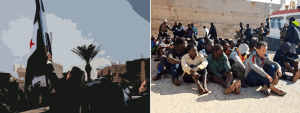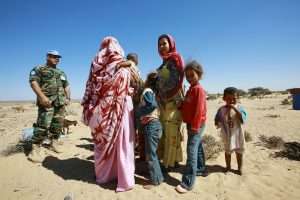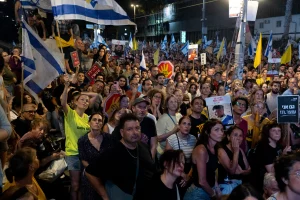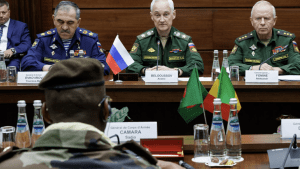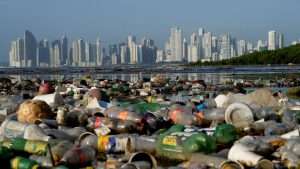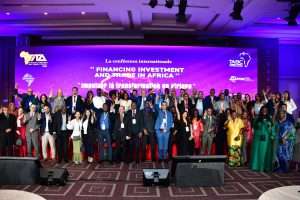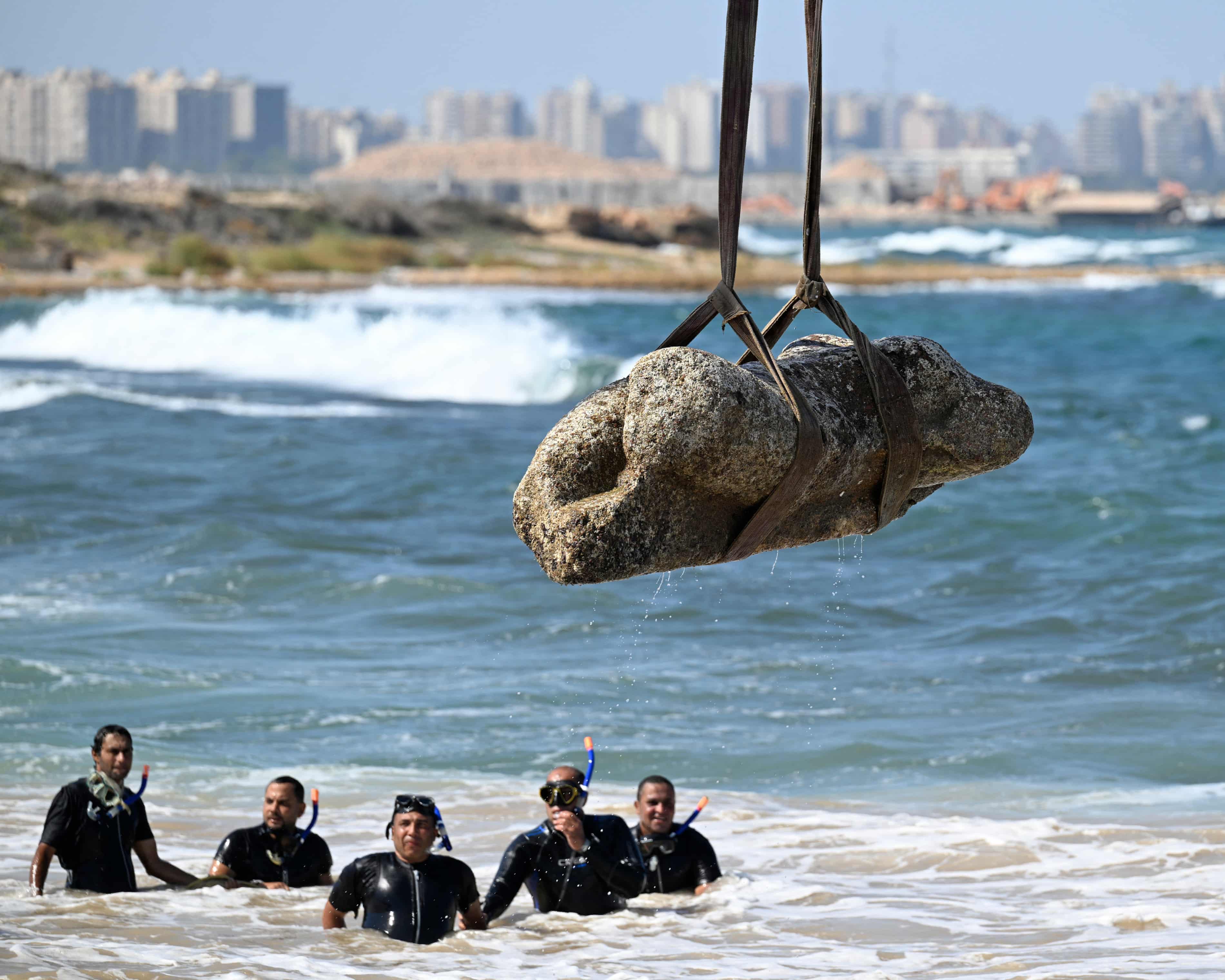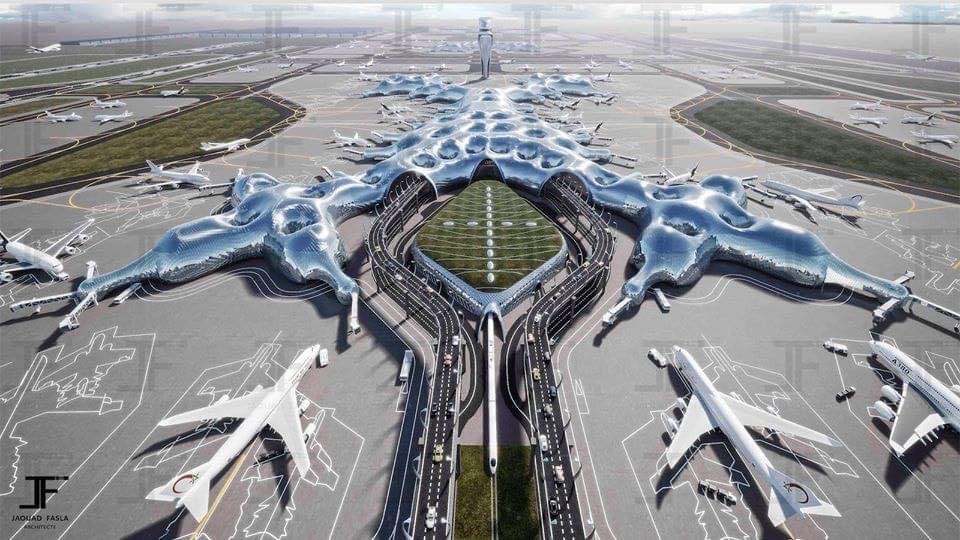The Shifting Sands of Mauritania’s Defence Policy

Recent reports that the G5 Sahel Defense College in Nouakchott, which trains 40 officer cadets from West African armies each year, is currently hosting 20 colonels from the Saudi Arabian Armed Forces (SAAF) can only mean one of several things.
First off, it could be that Saudi Arabia values Nouakchott’s G5 Sahel Defense College so much that it has increased its overall enrollment by 50% in one shot. As the United States Military Training Mission (USMTM) to the Kingdom of Saudi Arabia “currently trains, advises, and assists the Saudi Arabian Armed Forces in defense of our shared interests to ensure peace and stability in the Middle East”, that is unlikely unless Mauritania has some tricks up its sleeve that are unbeknownst to the U.S. military.
Next off, as Saudi Arabia is bogged down in an unwinnable war in Yemen, it could again be that the Mauritanians could teach them a trick or two. But, as the Mauritanians are not currently involved in any low intensity operations, like those currently happening to its south, that cannot be the reason.
The real reasons, much like Syria, can be deduced from Mauritania’s brand of Islam and its position as the bridge between the Sahel and the Maghreb and no less a body than the Brookings Institute has insinuated to us that this is the reason for the G5 Sahel Defense College’s new visitors.
This excellent Brookings essay explains that Mauritanian exports religion to Saudi Arabia and not vice versa and that this process pre-dates French colonisation, which actually expedited the process. If Saudi Arabia is to extend its soft power, then a presence in Mauritania, with its deep-rooted culture of Islamic scholarship makes it “an attractive, if not exactly malleable, partner country”.
Although Saudi Arabia boasts two of Islam’s three holiest sites, the Kingdom doesn’t really cut it on the theological front, where Egypt, in particular, but also Mauritania, lead the field. If Saudi Arabia wants to be the soft power broker in the Arab world, it has to reverse that order. Although ISIS and al Qaeda have upset the tolerance apple cart in Iraq and Syria, because the Sahel needs a more nuanced approach, there are now 20 Saudi Colonels swanning around Nouakchott and, no doubt, striking up deals with their Mauritanian counterparts on matters of mutual interest and/or benefit.
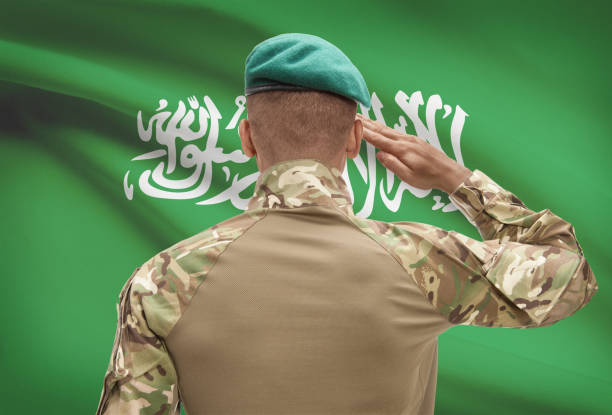
And there is the rub. Because NATO and Interpol have decreed that the Sahel is one of the world’s most dangerous regions, a number of initiatives, including French meddling in Mali and the creation of the G5 Sahel on February 16, 2014 by the five countries of the Sahel-Saharan region: Burkina Faso, Mali, Mauritania, Niger and Chad, followed. Although the G5 Sahel’s mission statement contains all sorts of lofty aims regarding women, the environment and sustainable development, military observers will know that the area has heavy uranium deposits and, as a relatively sparsely populated area, it would make a great pivot for NATO to use against more troublesome areas, just like they do in oil-rich Eastern Syria.
Certainly, NATO and their partners have considerable forces at hand to call upon. The French have only recently officially ended Operation Barkhane in Mali with their component of 4,000 Legionnaires The United Nations has fielded the UN Multinational Integrated Stabilization Mission in Mali (MINUSMA), with 10,000 troops and 2,000 police. As both the EU (and individual EU countries) and the U.S. also have established near-permanent bilateral training missions with the Sahel countries’ militaries, there is considerable extraneous military firepower in the area that could help sway local politics one way or the other.
Although some of that firepower was brought to bear during recent upheavals in Mali, as Belgium, Denmark, Estonia, France, the Netherlands, Portugal, and Sweden have all promised to deploy special operations forces to the Sahel, to Niger and Mali in particular, there is a lot happening, not all of it good, beneath the surface.
Although the G5’s military component points to increased regional security cooperation, it does seem NATO and the French in particular, are trying to Vietnamese or Ulsterise the situation, to control it, with the minimum of risk to French lives. Although the Saudis could easily pick up the tab for all of this in return for some soft power leverage, one wonders if the concerns of countries further north, Algeria, Tunisia and Morocco, for example have been inputted into this latest joint Saudi-Mauritanian manoeuvre.
Declan Hayes
Want to chase the pulse of North Africa?
Subscribe to receive our FREE weekly PDF magazine




